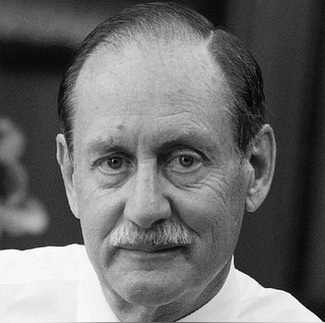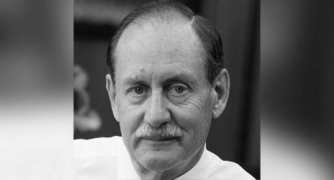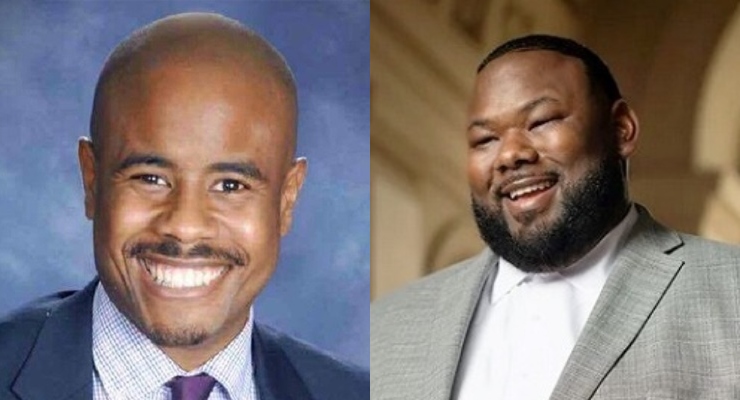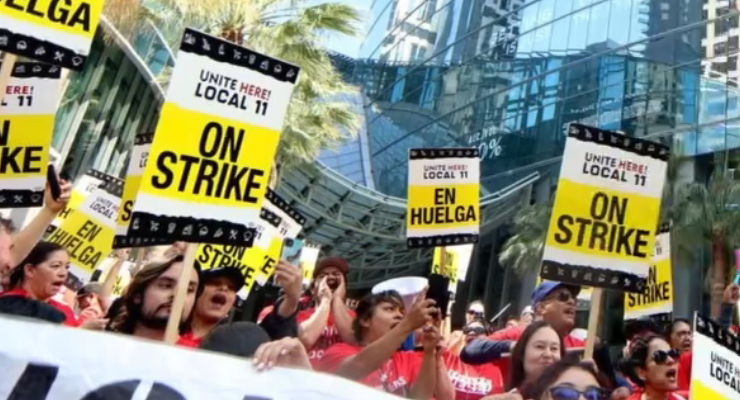
Rick Cole served on the Pasadena City Council for 12 years and rotated into the mayor’s chair, where he served from 1992-1994. He has also served as the city manager of Azusa, Ventura and most recently in Santa Monica. Recently he was tapped as a special housing adviser to current Mayor Victor Gordo. Since May, Cole has been the executive director of the Congress for New Urbanism, a nonprofit organization that champions walkable and environmentally friendly cities.
Pasadena Now: You have a unique perspective: you’ve both been a City Manager in three different cities and you’ve actually been part of choosing a city manager when you were a member of the City Council in Pasadena. What should the City Council be looking for in the next city manager?
Cole: That’s exactly what the Mayor and City Council need to ask themselves! Too often cities decide what they want by interviewing those that apply. The clearer the whole Council is up front on what kind of city manager they want, the better the process will go — and the better the final choice will be. Here’s a pro tip: spend less time thinking about what you liked or didn’t like about the last City Manager and more time thinking about Pasadena will need during the next five years.
Is five years a probable timeframe? Steve Mermell was hired five years ago, yet the three previous city managers served eight, ten and eight years.
I think the job is getting tougher. Politics plays a bigger role. As Pasadena Now noted in your story announcing Mermell’s retirement, Mayor Tornek led the Council in selecting him and Mayor Bogaard led the Council in selecting his predecessor. Mayor Holden led the Council in selecting the prior city manager. Maybe it’s a coincidence, but I think as the Mayor role has become more prominent, it’s a natural transition for Managers to change when Mayors do. Frankly, the chemistry between the Mayor and the Manager is significant, even though the manager reports to the entire Council (if Managers forget that, the rest of the Council will remind them!)
Most people have only a vague idea of what the manager actually does. Most people who aren’t paying close attention figure the Mayor runs the city — like in Los Angeles. What is – or should be – the relationship between the Mayor and the City Manager?
Pasadena has a local Constitution, called the City Charter, which devotes a whole section to the office of City Manager: powers and duties, how they’re selected, how they may be removed. The Mayor has just four sentences. But those are important sentences! The Charter says the Mayor presides over the City Council and acts as “chief executive of the City” and “shall be recognized as the official head of the City for all ceremonial purposes.” Naturally the public looks to the Mayor as “official head” of City government. On the other hand, in the Charter, the “administrative and executive functions, powers, and duties” actually fall to the City Manager for running the city every day, including hiring and firing department heads (notably the Chief of Police), preparing the budget, and recommending laws and policies “as he or she shall deem necessary or expedient.”
Ideally, in our form of government (which textbooks call the Council/Manager system) the Mayor acts as a visionary facilitator, providing political and civic leadership. The Mayor can lead the Council to work together to tackle the City’s most important current – and this is important – future challenges. Of course every mayor has strengths and shortcomings – and we have a Council where it takes five of eight votes to get anything done. So in addition to administering city government, the Manager can help the Mayor and Council achieve shared success. The voters hold the Mayor and Council accountable – so the Mayor and Council must hold the City Manager accountable.
That can be frustrating to voters who expect direct accountability. There were community voices insisting on replacing the current Police Chief – but that power rests with the appointed City Manager, not the elected Council.
I would suggest that’s how it should be. Do we really want the person responsible for public safety – or running the water and power utility – to report to a political body? Part-time elected officials typically lack the time or depth of expertise to provide effective supervision for fourteen department heads – how could they? In a city the size, sophistication and diversity of Pasadena, the professionals who hold those key jobs need some protection from the politics of the day. The City Manager provides that buffer – but the City Manager is then responsible for the performance of those department heads.
Returning to what the Council should be looking for, it sounds like the manager has to be exceptionally skilled to administer a complex city government in a demanding city — while also navigating the diverse agendas of elected officials and the public.
No one walks on water, so it’s vital that the Mayor and Council come to consensus on “what are the qualities we need most?” before they turn to “who?” should fill the job. Look, very few local elected officials have professional experience hiring chief executive officers for billion dollar operations. Think about it – Pasadena’s budget this year will be $878 million. The next manager will also face thorny challenges – COVID recovery, Rose Bowl revenue shortfall, affordable housing, the future of the Central Library, making the new Police Oversight Commission effective – just to name ones we know. The City Manager has to work effectively with the City staff, the Council and the public on all those issues. Plus keep the City solvent, ensure the water is safe, trash is picked up, parks are green and we’re prepared for a catastrophic earthquake or other disaster. Since no one is experienced or skilled in all that, it’s important for the Mayor and Council to look at the type of manager the city will need going forward.
Are there different types of city managers?
Absolutely. Some focus on the bottom line, watching the budget like a hawk, steering away from costly or controversial challenges. Some excel at getting big things done – as Don McIntyre did for infrastructure when I was on the Council. Some assemble diverse teams to work together to tackle citywide issues beyond their own departments. Some are politically savvy, balancing all the pressures that come with the job from inside and out. Some are innovators who embrace new technology and new ways to solve old problems. Ideally you find someone who combines the best of all these things. Since that’s a fantasy, the Council needs to prioritize what they’re looking for. Are they looking for someone who leads or someone who just manages? Bluntly, in some cities, Councils settle for people who simply “manage” – manage to get through the day, manage to stay out of trouble, manage not to get fired. Pasadena has higher standards than that, so the Council has to decide what they want and aggressively recruit for people who best match that profile. Often the best person isn’t out looking for a job – or may be reluctant to apply without being encouraged.
Councils should pay close attention to a candidate’s track record – not just what they accomplished but how did they do it? Douglas MacGregor from MIT divided managers into X and Y types. The X type is an old school, “crack the whip” boss. We all know those no-nonsense types who are single-minded about getting things done. MacGregor favored the Y type – someone who motivates staff to do their jobs well. But there’s also the Z type leader advanced by UCLA Professor Bill Ouchi – a leader who empowers staff to go beyond standard operating practices, continually improving how the job gets done. Depending on the circumstances, one might choose any of these types. A city in deep trouble might turn to an X boss to quickly turn things around. A city doing well might choose a Y manager to keep it moving forward. But if a city is looking for transformative improvements, that’s a job for a Z leader.
What’s the public’s role in all this?
Normally, vocal activists will just advocate for a City Manager who will cater to what their group wants. If the Council helps the public understand the unique and important administrative role the City Manager plays, the broader public can weigh in on what type of leadership the city needs. It’s important to remember that the time the public sees the Manager on television at Council meetings is just a tiny sliver of their job.
Last question: is it better to promote from within or bring in someone from outside?
If there is someone who knows the community, has the right skills and wants the job – it’s usually better to hire someone you actually know. On the other hand, a fresh perspective can be healthy. Ultimately, Pasadena and the City Council deserve someone with the skills and character to make a long-term difference.














 0 comments
0 comments


